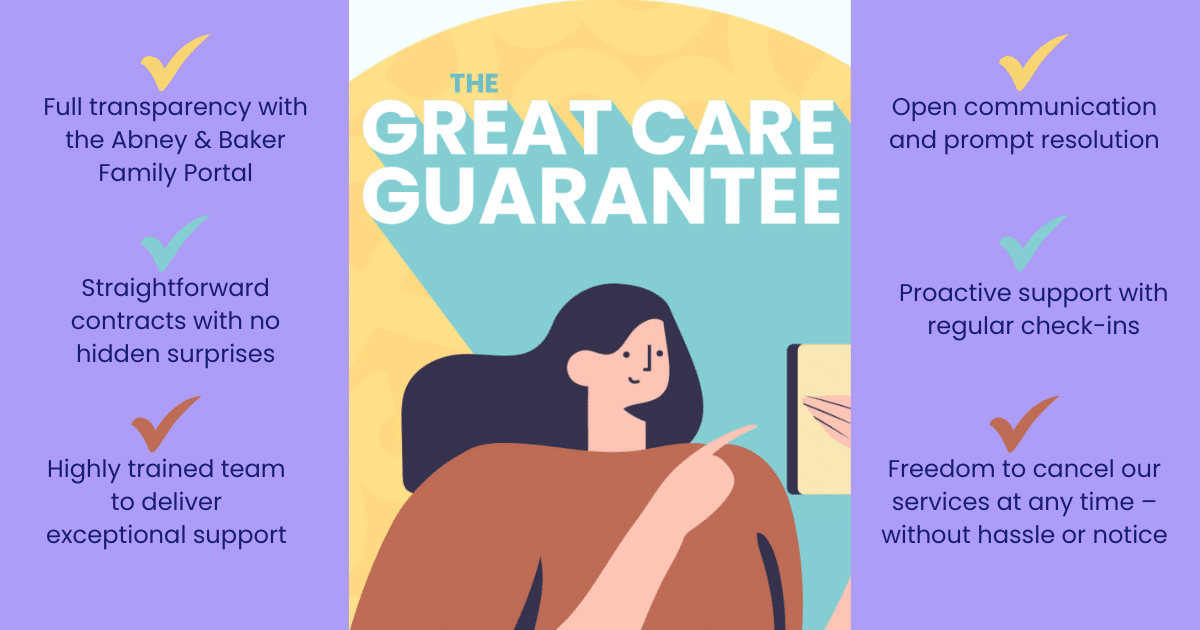Communicating with someone with dementia can be challenging. If you have a loved one with a dementia diagnosis, you may feel guilty for not being able to fully understand them. Progressive neurodegenerative disorders such as Alzheimer’s and dementia can cause the affected individual to struggle to communicate appropriately and they may get frustrated as they can struggle to get their point across.
Therefore, it’s important to develop a deep understanding of your loved one’s behaviour so they can receive the best possible care and support at home. It’s also important to remember that behind these memory problems, changes in behaviour and personality, it’s still the same person as they’ve always been.
In this blog we talk about some ideas of what you should not say to your loved one after a diagnosis with dementia and importantly some words and phrases that will really help.
1. “You’re wrong”

If you haven’t dealt with someone experiencing symptoms of dementia or loss of cognitive function, you might find it hard to agree with your loved one saying that is not true. But you should remember though that arguing with your loved one can upset them while they are going through this difficult time. Being patient, although tricky, is super important here.
Instead, change the subject.
The best way to overcome this is to change the topic of conversation and avoid disagreement. If your loved one states a wrong fact you should avoid challenging them on it and instead change the subject to something positive. Saying “you’re wrong” is one of the few things you should never say to a dementia patient.
2. “Do you remember…?”
This is a common phrase that crops up in conversation when you may be reminiscing about past events or experiences but saying this to a person with dementia and memory issues can cause them embarrassment and sadness.
You might say this line unintentionally and when they will reply with a “no”, they may spiral into overthinking about their memory loss.
Instead, say: “I remember…”
Since there is no way to avoid talking about past events, try to change your way of phrasing the conversation. You can ask them about past events by saying “ I remember when we used to…” or “I remember when we went to that restaurant…”. This way you will be able to tackle this issue with sensitivity.
3. “They passed away.”

Instead…
Unfortunately, there’s no answer for what to do every time this situation arises. Your loved one might ask about a deceased person countless times because they can’t recall past events.
Therefore, if they directly ask if a particular person has passed away you should reply with an honest answer but try to do this with a calm and reassuring voice.
Depending on the type of dementia your loved one has you may get different reactions to this news. You may want to ask why they have this question? The simple answer could be that they need to know where that person is in their life.
Dementia affects many different problem solving abilities for your loved one, so a helping hand is reassuring and what they’re looking for..
4. “I told you…”
It’s common to expect your loved one with developing dementia to repetitively ask the same question. You might find yourself repeating the same thing over and over again to them.
In this case, even if you feel exhausted and irritable you should avoid saying “I told you.” This can upset them and might make them more confused.
Instead, repeat what you said.
It’s important to remain patient and keep a polite tone of voice. Remember their cognitive decline is affecting their brain and it’s not their fault. Repeat whatever you have told them and remain as calm as possible.
5. “What do you want to eat?”

Asking open-ended questions to your loved one diagnosed with dementia is not a good thing because they can quickly spiral down into a state of confusion. Asking them questions that inquire about previous events such as “what did you eat yesterday” can cause distress since they are not able to recall anything.
Instead, say: “Would you like to eat some fruit?”
Therefore, the best way to ask them questions or inquire about their likes/dislikes or whether they want something is to give them cues like ‘Would you like to eat some fruit?’ or ‘Would you like some orange juice to drink?’
6. “Come, let’s get your shoes on and get to the car, we need to go to the shop for some groceries.”
This question has a lot of commands in one sentence which can cause an overload of information for your loved one. Their body language might get tense because they cannot comprehend and process the tasks they have been told to do so.
Instead, go one step at a time.
Therefore, try to avoid using long sentences, be more precise and break up the tasks into smaller steps. However, we would not recommend you talk down to your loved one or treat them like a child because it may hurt their feelings and dignity.
7. “Her dementia is getting worse.”

When talking about the condition of your dementia-diagnosed loved one make sure they are not in the same room. Just because they are not actively taking part in the conversation does not mean that they are not listening. They might get a sense of what you are discussing about them and their dementia which can result in emotional or aggressive behaviour. Abrupt changes in personality are a common occurrence in dementia patients.
Instead, leave the room.
If discussing their condition or them you should go to another room or place. This way you will not cause them any pain or cause them embarrassment about their condition.
The importance of language and tone
Having a poor choice of language can be both hurtful and degrading for a dementia patient. As a family member, you’ll need to develop a deeper understanding of what affects your loved one’s behaviour and be sensitive to that.
Remember with time your loved one’s language and ability to communicate will decline. The progression and severity of these symptoms can vary from patient to patient. It’s important to remember that good communication is the key to good quality of life for your loved one with dementia.
Contact Abney & Baker For Home Care Services
At Abney & Baker, our Home Care Services Team make sure that your loved one with dementia gets the best-in-class care and support. Our Home Care Services are designed to cater to the needs of senior citizens.
If you have a loved one diagnosed with dementia that requires domiciliary care, our fantastic team of local home carers are here to support. We make sure that your loved one gets the right care while maintaining their privacy and dignity. Visit us here to learn more about our services in Melksham and surrounding areas, UK: https://www.abneyandbaker.com/home-care-services-melksham
Helping your loved one to continue living independently and confidently in their own home.
By providing a range of support at home, we’re helping many clients across Bath & North East Somerset and West Wiltshire retain their independence and stay in control in the comfort of their own homes.
Remember we’re always here if you want to chat about your care options. Just get in touch:
Call 0333 043 4880 – Email enquiries@abneyandbaker.com – Book a call here














